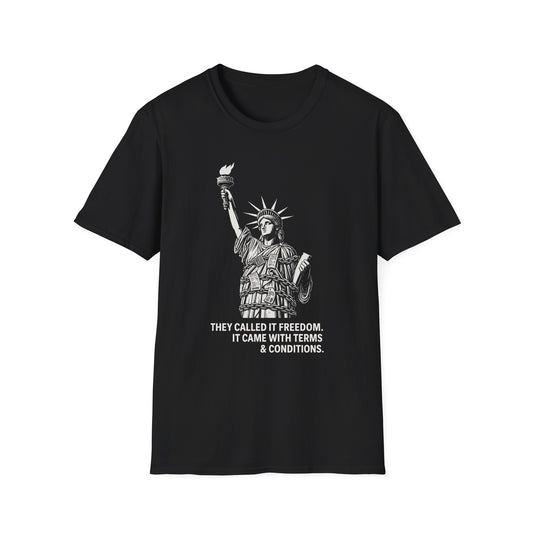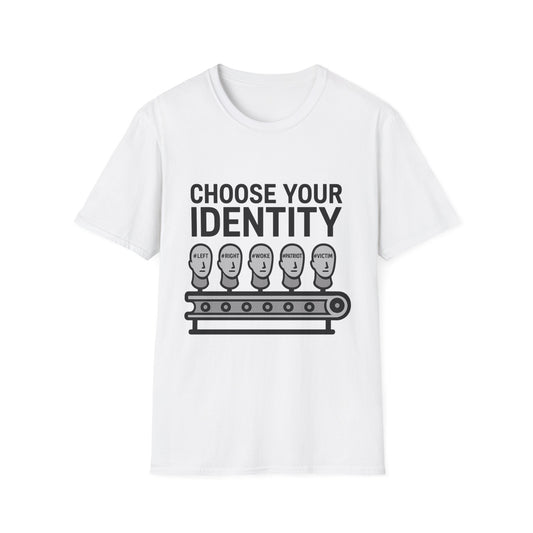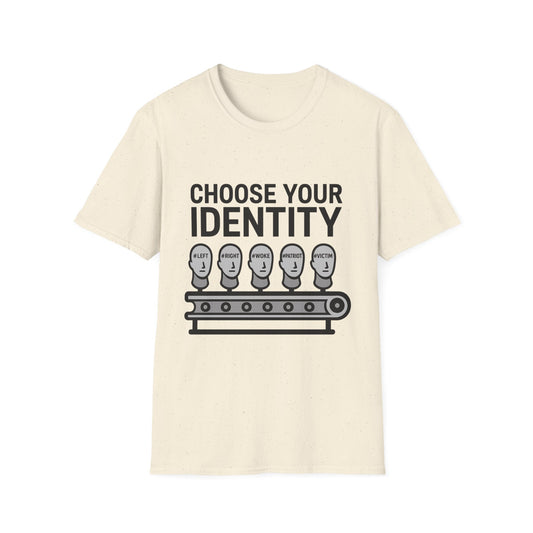
The Death of Real Friendship: Why Everyone Feels Alone in 2025
The Death of Real Friendship: Why Everyone Feels Alone in 2025
Nobody wants to admit it, but we all feel it. That weird emptiness when the group chat’s silent. That sinking realization that you haven’t had a real conversation in weeks. That ache in your chest when you scroll through social media, surrounded by people—and still feel completely alone.
Welcome to 2025. The loneliest era in human history. We’re more connected than ever, and more emotionally starved than we’ve ever been. We have followers, likes, hearts, comments, emojis. But we don’t have loyalty. We don’t have presence. We don’t have real friends anymore. Just curated connections and digital echoes.
Friendship used to mean something. It used to be forged through fire—shared hardship, long nights, unspoken trust. Now it’s a filtered story, a tagged photo, a one-word reply to a crisis text. “Damn, that’s crazy.”
We’ve lost the rawness. The imperfections. The vulnerability. We replaced depth with convenience. We traded effort for emojis. And somehow, we started believing that messaging someone “u good?” every few months counts as checking in. It doesn’t. It’s emotional fast food—empty calories that feel like connection, but leave you starving inside.
The truth is, technology didn’t just disrupt how we talk—it rewired how we bond. We’ve become allergic to emotional weight. We ghost instead of confront. We mute instead of apologize. We block instead of repair. Because confrontation is messy, and everything else is a tap away.
But real friendships? They’re built in the mess. In the awkward silences. In the long talks that go nowhere. In the fights that end in forgiveness. That’s where the magic used to live.
Now we swipe past people the way we skip songs. “Next.”
People aren’t disposable. But we treat them like they are. One slip-up and they’re gone. One disagreement and you’re out. One uncomfortable moment and it’s back to the algorithm to find someone more convenient, more agreeable, more aesthetically aligned.
But what are we left with? Echo chambers. Shallow validation. Dozens of digital acquaintances and zero people who’d show up for us at 2 a.m. We’re drowning in surface-level connections—and starving for one person who actually knows us.
Loneliness isn’t a glitch in the system. It’s the system working exactly as intended. Isolation makes people easier to influence. Easier to sell to. Easier to control. When you’re emotionally empty, you seek fulfillment through consumption. You buy more, scroll more, engage more.
You become predictable.
And predictability is profitable.
That’s why everything about this world is designed to simulate friendship without the burden of it. The illusion of connection, without the depth. The performance of presence, without the cost of real attention.
But something in you knows better. You feel it in the quiet. That nagging sense that something’s missing. That no amount of followers or funny DMs will ever replace the warmth of someone who gets you. Someone who stays. Someone who calls when they don’t need anything.
That’s what we’re missing. And we’re too distracted to notice we’ve forgotten how to find it.
The Addiction to Fake Connection
We used to look people in the eye. We used to show up. Now we just tap. We send hearts, flames, and double taps like it means something. But all it really means is—we’re afraid to be real. Afraid to say what we feel out loud. Afraid to risk being seen without the filter.
It’s easier to keep things light. Easier to keep things digital. Deep friendship requires presence, and presence is terrifying when we’ve trained ourselves to run from real intimacy. That’s why most conversations stay at the surface. “How’s work?” “What you watching?” “Haha same.” It’s all code for “Please don’t look too closely.”
But fake connection is addictive. It gives us just enough stimulation to keep the loneliness bearable, but never enough to cure it. It’s like drinking saltwater. It looks like relief, but it makes the thirst worse.
You open your phone, not to talk—but to not feel alone. That’s the hook. We scroll to feel something. To see people’s lives and imagine we’re a part of them. But all we’re really doing is comparing and numbing. Feeling like a spectator to real life while ours stays paused.
This isn’t socializing. It’s digital loitering.
And it’s killing our ability to form real bonds. We forget how to sit in silence with someone. How to be present without performing. How to offer support that isn’t transactional. We’ve turned friendship into a currency, and every interaction gets measured—likes, replies, response time.
That’s not love. That’s networking.
And the worst part? We know it. Deep down, we all know these connections are paper-thin. That if we lost our account, half our “friends” wouldn’t even notice we disappeared. That if we went silent for a month, most wouldn’t call. And yet we keep pretending it’s fine.
Because it’s easier than admitting we’re emotionally starving.
What Friendship Used to Feel Like
There was a time when friendship didn’t need to be loud to be real. You could sit next to someone for hours, say almost nothing, and feel everything. You didn’t need to be funny, polished, or interesting. You just needed to show up. And they did too.
You knew their voice, not just their username. You knew their tells, their moods, the way they went quiet when something was wrong. You didn’t need read receipts to know they cared. You felt it.
Friendship was built in real time, not through notifications. It was slow, imperfect, inconvenient—and it was sacred because of that. You didn’t have 200 people you kinda knew. You had five who would never leave.
We’ve lost that. We replaced it with performance. With curated identity. With personas optimized for platforms, not people. We became brands before we became friends.
And we’re paying the price. An entire generation that knows how to make reels but not repair ruptures. That knows how to go viral, but not how to go deep. That knows how to connect online, but not how to sit in someone’s pain without fixing it.
We’re emotionally fluent but relationally illiterate.
We can articulate what we feel in a tweet. But we can't say “I miss you” to someone who needs to hear it.
We’re living on a digital island surrounded by voices—and dying of emotional thirst.
Rebuilding What Was Lost
The fix isn’t easy. But it’s simple. Show up. Call instead of text. Visit without warning. Be awkward. Stay when the conversation gets quiet. Say what you mean even when it makes your voice shake.
Put your phone away when you're with people. Not on the table—away. Make eye contact. Hug longer. Listen harder. Ask questions that go past “How’s work?” and “Seen any good shows lately?”
Relearn how to be bored together. How to say nothing and still feel safe. How to love without performing.
Start small. Reconnect with one person in a real way. No filters. No script. Just raw, human honesty. Then do it again. And again. And watch what happens when you create something deeper than content.
Real friendship isn’t efficient. It’s inconvenient, emotional, messy. But it’s also what we were built for. It’s the antidote to everything this world is numbing you with. And it’s more powerful than any algorithm ever created.
We don’t need more followers. We need someone who knocks on our door without texting first.
We don’t need more likes. We need to be liked for who we are without the costume.
We don’t need more notifications. We need someone who notices when we go quiet.
The world taught you to scroll past people. But your soul is begging you to stay.
So stay. Call. Hug. Show up. Rebuild.
And remember what it feels like to be seen again.







